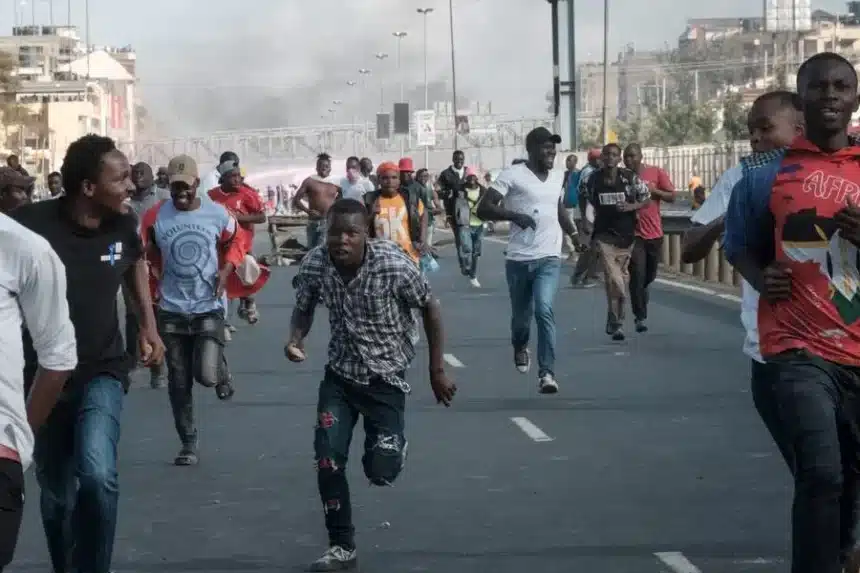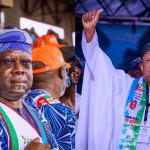Six people were murdered in skirmishes between Kenyan police and protesters on Wednesday, according to local media.
Protesters were attacked with tear gas in Nairobi, Kenya’s capital, and Mombasa, Kenya’s coastline city.
Several people were shot as police clashed with demonstrators.
Schools in the country’s two major cities were closed as a three-day opposition protest began, but they have already reopened.
Approximately 300 people were arrested across the country.
Many businesses have remained closed due to fear of looting, with people afraid of being involved in violent fights.
At least 14 individuals were killed in protests last week, with 10 of them killed by police.
Human rights organizations have sharply condemned the police for using excessive force last Wednesday. More than 50 students were hospitalized after tear gas was blasted into their Nairobi school.
Following the introduction of tax hikes by President William Ruto’s cabinet last month, the opposition called for a series of rallies.
The police commander has declared the protests a threat to national security and has ordered the deployment of riot police across the country.
Protesters obstructed highways and threw stones at police in other places, including Nairobi and Nakuru in the Rift Valley.
A hospital spokesman in Kisumu, Kenya, informed AFP that two people had been transported to the morgue with gunshot wounds.
According to local media, five individuals were hurt in Nakuru, a town in the Rift Valley region, with four of them receiving gunshot wounds. In the east, two more people were shot and injured in Makueni.
Previously, three individuals were hurt in comparable clashes in Migori county in the country’s west.
Christine Wema, the director of Migori’s Oruba nursing home, told the BBC that two men had been taken into the facility with leg injuries, most likely inflicted by police rubber bullets.
Another person was rushed to the hospital with lung problems when a tear-gas canister was thrown in his residence, she claimed.
Human rights organizations and diplomats have voiced grave worry about the situation in Kenya, asking the government and opposition to settle their differences peacefully.
The two parties agreed to meet early this year, but the opposition claimed Mr Ruto’s staff was uninterested in settling their concerns.
These include the rising cost of living and the handling of last year’s elections, which were narrowly won by President Ruto, who promised to promote the interests of the poor.
However, he has done little to combat inflation since assuming office, and his government has raised taxes, tripling the VAT on fuel.
Tensions are likely to rise further as local media claims that security details for opposition leaders Raila Odinga and Kalonzo Musyoka have been removed ahead of this week’s protests.
Security officers assigned to Ngina Kenyatta, the widow of Kenya’s first president, have apparently been evacuated as well. She is also the mother of ex-President Uhuru Kenyatta, a supporter of Mr Odinga, who the government accuses of supporting the protests.






